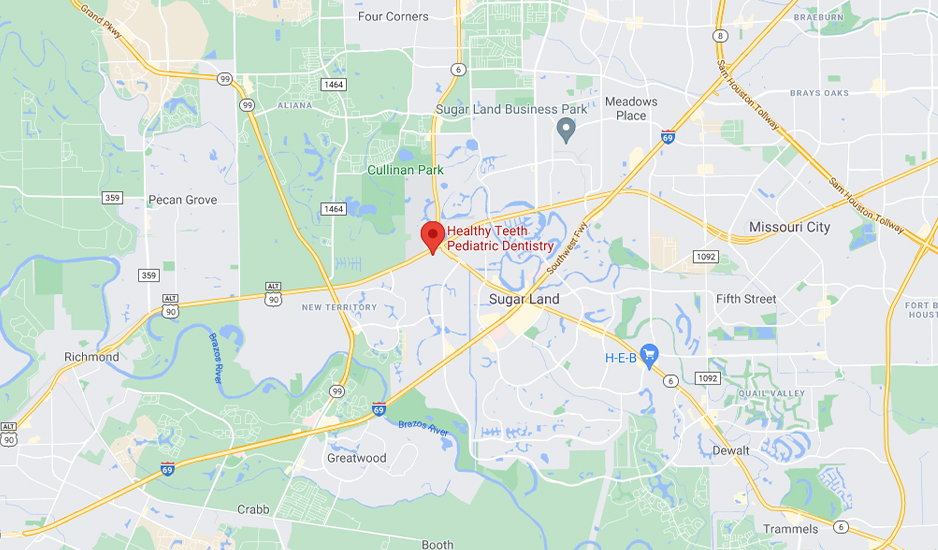In theory, a hard boiled egg’s shell works similarly to the enamel on a child’s tooth. It’s there to protect the soft inside, or dentin, from damage. Unfortunately, some of our eating and drinking habits make it difficult for the enamel to protect our teeth from damage.
Try this experiment to help show your child the damage soda can do to his teeth and why brushing after drinking it is important.
What You Will Need:
- 3 white-shelled hard boiled eggs
- soda
- diet soda
- water
- a toothbrush and toothpaste
- 3 clear plastic cups
Lay the groundwork for understanding with your child before you begin your experiment. You can start by talking to him about good dental hygiene practices and how important it is to brush his teeth everyday, making sure to explain how certain foods, drinks and activities can stain his teeth. Then talk to him about how drinking too much acidic beverages can erode the outside of his teeth.
Ask them:
- What type of drinks do you think might hurt your teeth? (Answers may include: soda;coffee; or juice.)
- What drinks might be better for your teeth?
- Do you think brushing after drinking them helps reduce the risk of damage?
Perform the Experiment
- Boil the eggs, making sure to have a few extra in case some crack while you boil them. A cracked shell will change the results of the experiment.
- Help your child fill each of the plastic cups, one with regular soda, one with diet soda and one with water.
There are a two main things you and your child can take away from this experiment. The first is that, as reported in journal General Dentistry, the citric and phosphoric acid contained in soda has enormous potential to erode tooth enamel. In fact, one study reported that soda is ten times more erosive than fruit juice in the first few minutes after drinking it!
The second and easier for your child to see, is that it takes more than just a couple of quick swipes of the toothbrush to get teeth clean. Try helping your child time to see how long it takes to brush the majority of the stains of the eggs.


